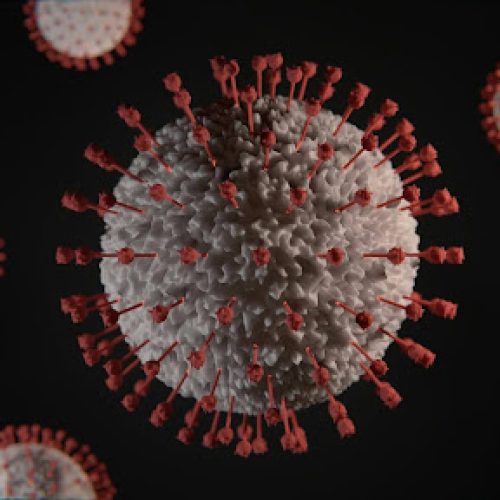

Allergies got you down? Sniffling through spring, sneezing through summer, and wheezing through winter? Well, buckle up, because scientists might just have stumbled upon a breakthrough that could change the game for allergy sufferers around the globe. But the real question remains: does it actually work?
It turns out, our obsession with cleanliness might be our downfall when it comes to allergies. Enter the updated version of the Hygiene Hypothesis. The original theory suggested that a lack of exposure to infectious agents, microorganisms, and parasites in early childhood could increase susceptibility to allergic diseases by suppressing the natural development of the immune system. The new twist? It’s not just about getting dirty but about the specific types of bacteria we’re missing out on.
Scientists are now looking at our gut microbiome—the vast community of microorganisms living in our digestive systems—as a critical player in the allergy puzzle. Research suggests that a more diverse gut microbiome may be protective against allergies. The idea is that exposure to a wider variety of microbes, especially in early life, helps our immune system differentiate between harmful pathogens and harmless substances, like pollen or pet dander.

In a study that’s been buzzing in the science community, researchers introduced a group of allergy-prone mice to a cocktail of specific gut-friendly bacteria. The results were nothing short of astonishing. Not only did the mice exhibit fewer allergic reactions, but their immune systems also showed signs of being able to tolerate allergens more effectively.
Here’s where it gets tricky. While the results in mice are promising, human bodies and immune systems are vastly more complex. Clinical trials in humans are just beginning, and it’s too early to say for sure if popping a probiotic pill can bid your allergies goodbye.
Even if future studies show that modifying the gut microbiome can help with allergies, it’s unlikely to be a one-size-fits-all solution. Factors like genetics, diet, lifestyle, and environmental exposures all play a part in shaping our microbiome and our immune response. So, while the prospect is exciting, it’s not a magic bullet.

As we stand, the idea that tweaking our microbiome could be the key to conquering allergies is both fascinating and potentially life-changing. But, as with any medical breakthrough, it’s important to approach it with a healthy dose of skepticism and a recognition that more research is needed.
While the science catches up, there are still plenty of ways to support your gut health and possibly ease your allergy symptoms. Eating a diverse diet rich in fiber, fermented foods, and prebiotics can help foster a thriving microbiome. And who knows? Maybe a little extra dirt doesn’t hurt.
So, allergy sufferers, there might just be a glimmer of hope on the horizon. Keep an eye on this space for updates, and in the meantime, maybe don’t be so quick to sanitize everything in sight. After all, a little bit of bacteria might just be your friend.

Stay Up To Date On All Of The Daily Buzz
© daily buzz. All Rights Reserved 2024